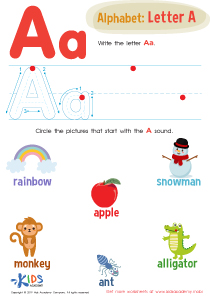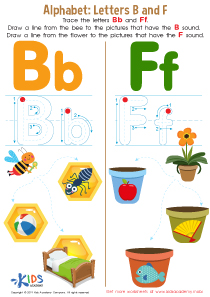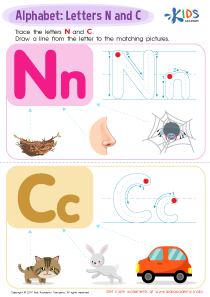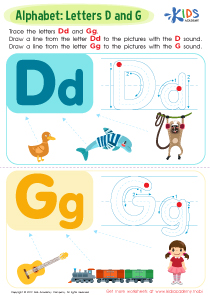Fine Motor Skills Letter E Worksheets for Ages 4-5
3 filtered results
-
From - To
Enhance your child's fine motor skills with our engaging Letter E worksheets, designed specifically for ages 4-5! These interactive activities focus on the development of hand-eye coordination, dexterity, and grip through tracing, coloring, and various hands-on tasks. By practicing the formation of the letter E, children not only improve their writing skills but also gain confidence in their abilities. Our worksheets offer a fun and educational approach to learning, making it perfect for home or classroom use. Foster your child's growth and help them master the alphabet with our delightful Letter E fine motor skills resources today!


Letter E Coloring Sheet
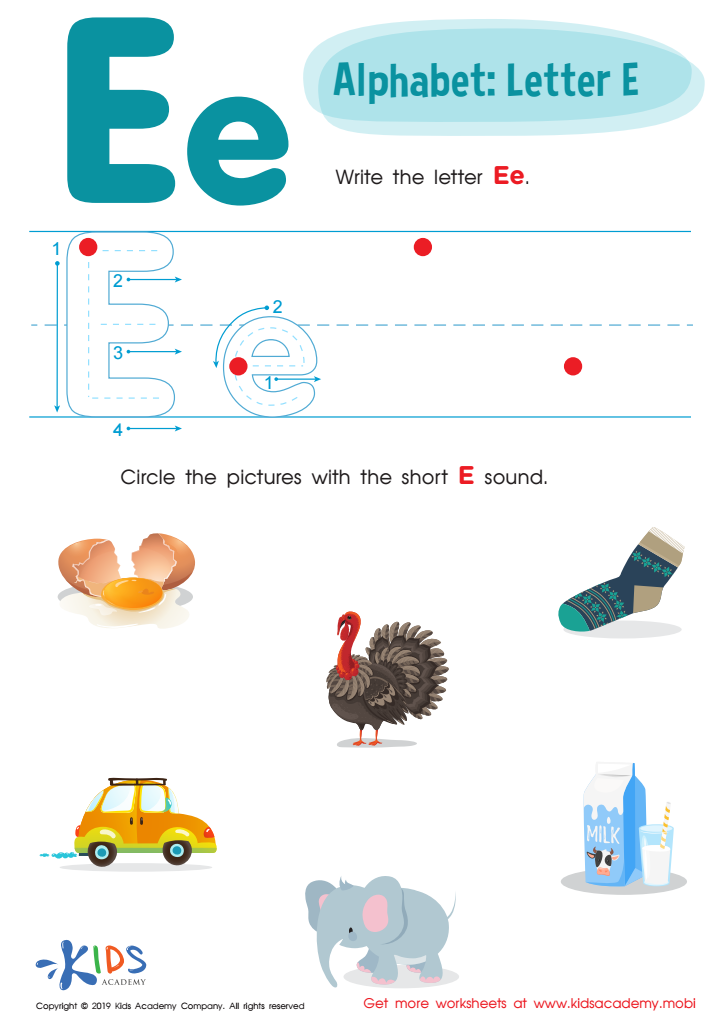

Letter E Tracing Worksheet
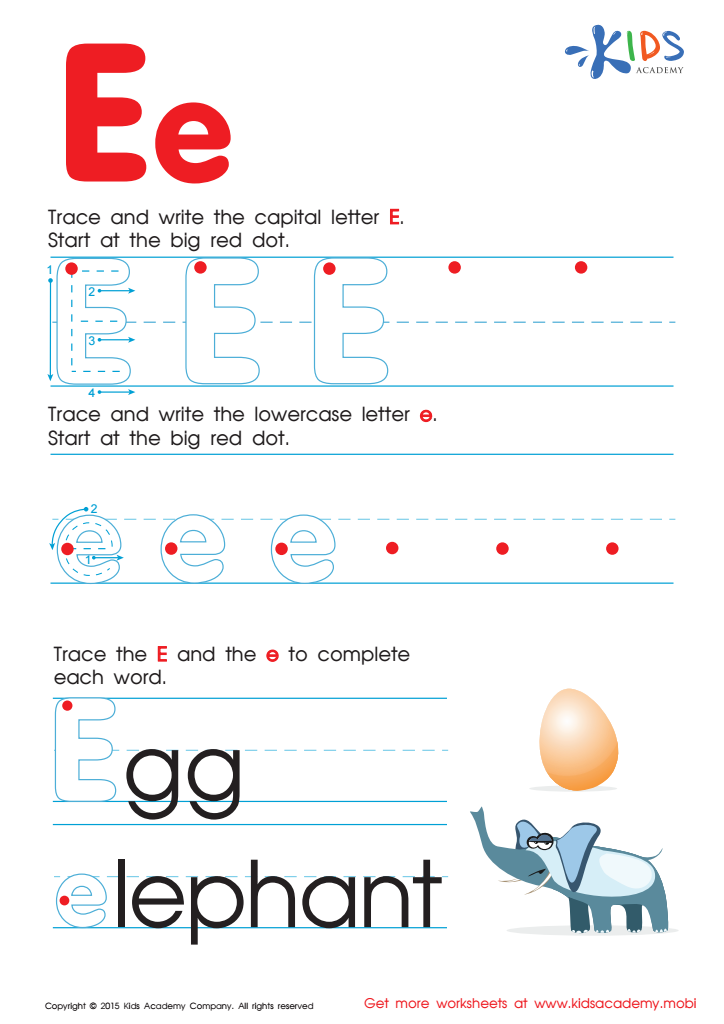

Letter E Tracing Page
Fine motor skills are crucial for children's overall development, especially for ages 4-5, and the letter "E" represents an important opportunity to nurture these skills. At this age, children are mastering hand-eye coordination, dexterity, and grip strength, all of which play a foundational role in everyday tasks like writing, drawing, and self-care. The formation of the letter "E" involves specific movements that require using small muscles in the fingers and hands, which promotes manipulation and control—key elements of fine motor skill development.
When parents and teachers encourage activities such as tracing, coloring, or crafting with the letter "E," they not only support the development of these skills but also promote cognitive learning. Associating the letter with words like "elephant" or "egg" aids in literacy and language acquisition. Moreover, mastering fine motor tasks boosts confidence and independence in children, enabling them to engage more fully in their learning environment and daily activities.
Recognizing the significance of fine motor skills related to the letter "E" helps lay a solid foundation for future academic success, making it essential for parents and educators to prioritize this development through engaging and enjoyable activities.
 Assign to My Students
Assign to My Students









